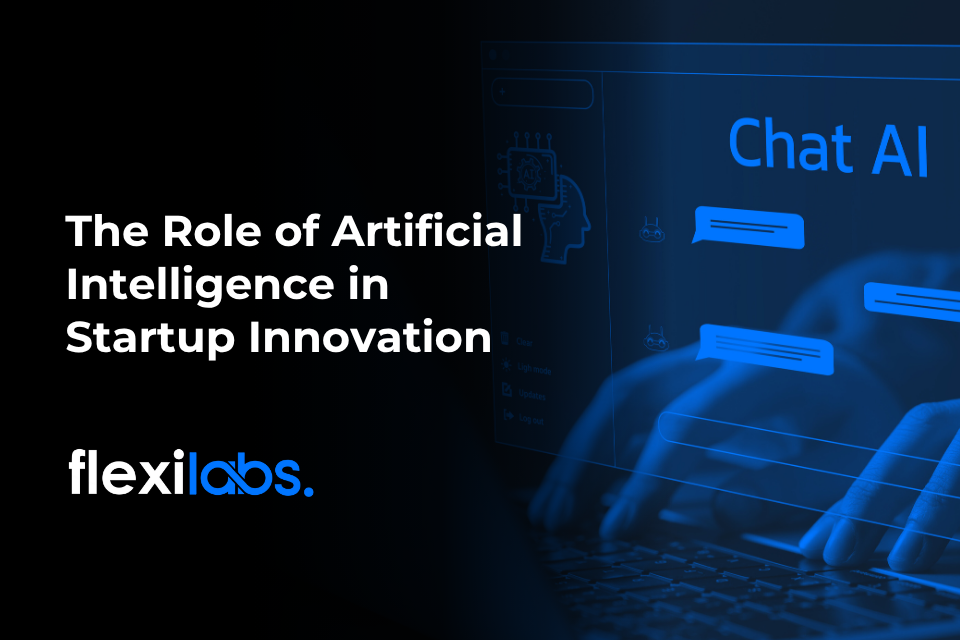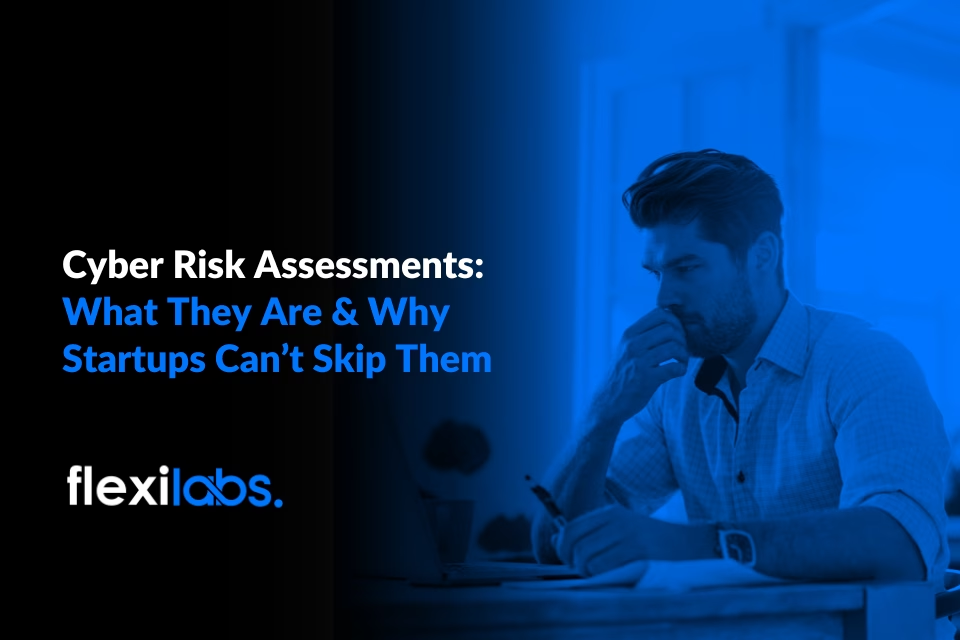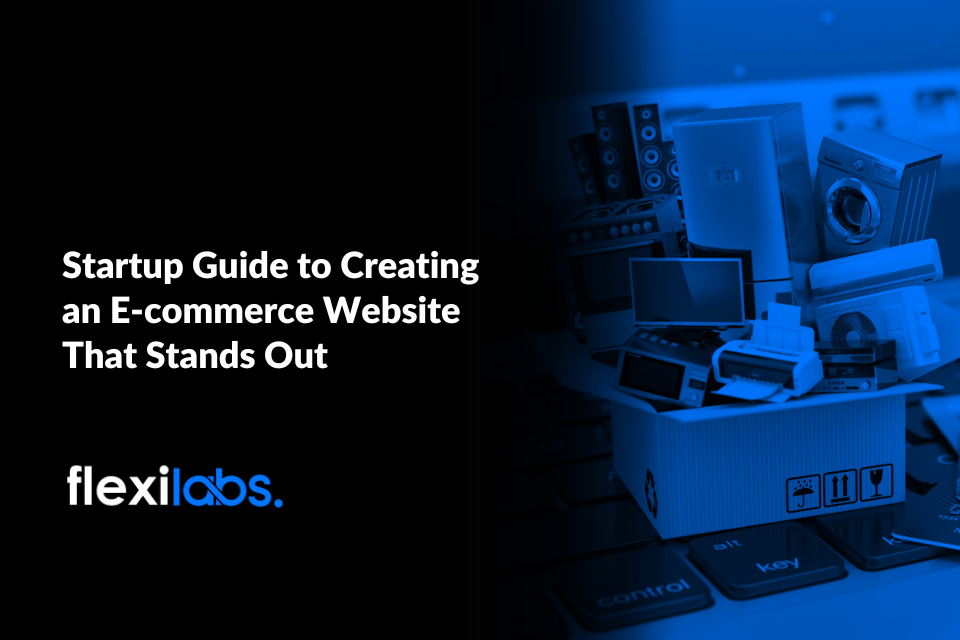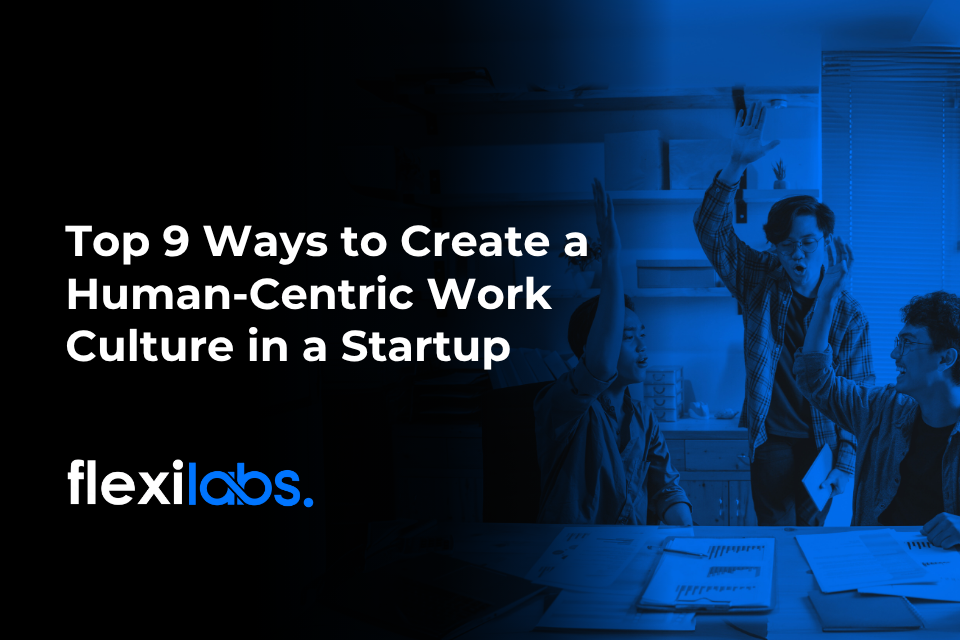Artificial intelligence in startup innovation offers benefits that improve the startup’s overall growth process. However, many still remain skeptical about using AI in startups. It’s no surprise either since AI has only recently begun advancing to commercial use.
However, just because something is new, doesn’t mean you shouldn’t utilise it. When it comes to technology, the faster you take advantage of the benefits, the faster you get ahead of the competition. That’s why any AI in startup work processes should be considered.
Below are detailed explanations of how AI can help startups, the key components of AI, the difficulties you will likely face when implementing AI in your business, and the steps to integrate AI into your brand.
Why Startups Should Care About AI-driven Innovation
So why should founders care about artificial intelligence in startup innovation? The reason is simple: the benefits and the efficiency. Startups integrated with AI create faster responses to customers, solve problems quicker, and analyse issues without escalating any risks of human error.
However, keep in mind that AI cannot replace human intelligence. It instead mimics human patterns and assists your employees with faster deliverables, spotting errors, and analysing data for decision-making.
Think of it this way: imagine an Excel sheet where your employee manually inputs statuses and information necessary for your business. The process is mundane but could take hours of their work away from them. AI assists your employees by doing this task for them or even alerting them of any errors they mistyped.
Artificial intelligence is the solution and the future of organisation, analysis, and proper management of these time-consuming tasks.
What is AI and its Key Components?
Before we get into the benefits of artificial intelligence in startup innovation, we should first talk about what it is. Contrary to how it feels, AI wasn’t created recently. Artificial intelligence has been around since ancient history, under the name “automaton.” It only recently gained traction by the 1900s with key figures such as Alan Turing making waves on its invention.
Artificial intelligence is pretty self-explanatory with its name. The idea of a system artificially mimicking human intelligence and problem-solving abilities. The goal of an AI is to learn through errors and improve future tasks by collecting data and processing it repeatedly.
In comparison to normal systems, which require human editing, AI is less likely to require human intervention to correct itself as it begins learning. These past few years, AI has become advanced enough to be utilised by the public, gaining even more widespread knowledge of its uses and an increase in its demand.
Artificial intelligence consists of 5 key components. These components divide the different types of AI and their uses in a wide variety of industries.
- Learning
- Reasoning
- Problem-solving
- Perception
- Language Understanding
These key components create a wide variety of artificial intelligence that industries ranging from health, technology, business, and even personal use. Some examples of these types of AI:
- Expert Systems
- Natural Language Processing (NLP)
- Neural Networks
- Robotics
- Machine learning
- Fuzzy Logic
- Computer Vision
Benefits of AI for Startups
Artificial intelligence in startup innovation has many benefits that can jumpstart and optimise operations. Below are three crucial benefits that can make or break a business’ growth and highlights the impressive impact of AI on startups.
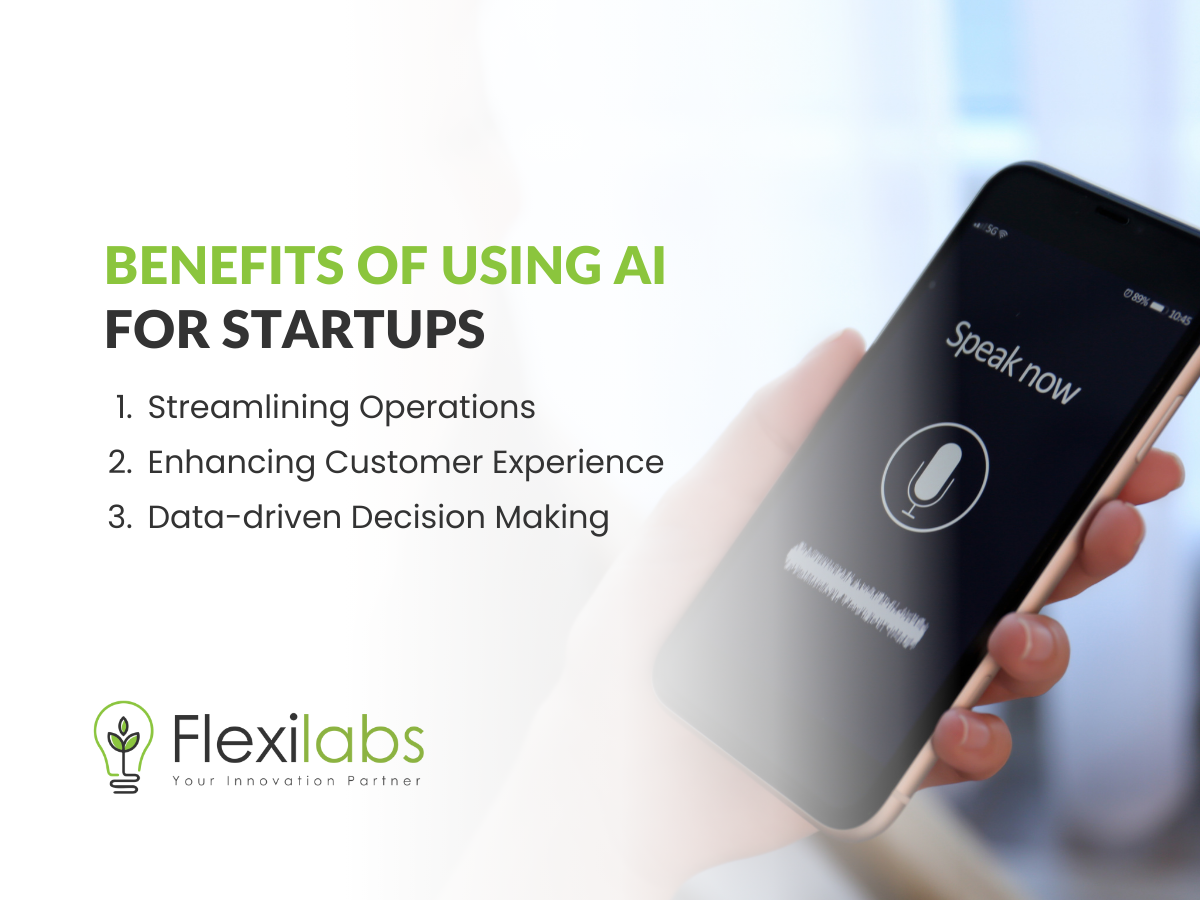
Streamlining Operations
The most obvious benefit of AI in startups is its optimisation of operations. Because employees have an assistant that can automatically organise, spot errors, and even correct some errors, the process of reaching turnovers and deliverables becomes faster.
A higher output of projects results in faster releases of products and services with efficiency and quality.
Enhancing Customer Experience
What people tend to forget is that using AI in startup ideas doesn’t just involve operations. Customer experience is a valuable reflection of your business. Should your clients experience during the business transaction be subpar the chances are they will no longer be returning for another sale.
This is where AI comes in. The ability to respond to customers in an efficient manner and notify them of any setbacks during the transaction automatically helps improve their overall satisfaction with your brand.
Furthermore, the times when customers had to wait for a representative cuts short. AI in customer experience is like a self-check out at a cashier, which allows you to solve your issues with the help of the AI on your own if the issue itself isn’t as complicated as others.
Data-driven decision making
There’s also room for artificial intelligence in startup innovation when it comes to marketing and IT-related projects. Every decision in a business is crucial. One wrong move could give you setbacks that could have been prevented if you had more information.
Enter AI, which can help with data analysis and proper decision-making. Thanks to the collection of data that the AI harnesses, core members of your company can make informed decisions based on their analysis of the data collected.
This prevents many possible setbacks and even fastracks your company’s growth in terms of marketing and proficiency.
Challenges Startups Face with AI Implementation
While there are many benefits aside from the core ones we discussed, there are also challenges that you will face. The majority of these challenges come in three specific parts: financial, technical, and ethical challenges. Below are more detailed explanations of how you can combat these challenges and why they become a problem when integrating AI.
Financial
Money makes the world go round. That’s just how the world works. Which is why everything worth something has a price. Financially speaking, integrating AI tools and systems into your business might cost you a lot of money.
While AI isn’t a new type of science, its commercial uses and the sudden increase in AI demand have made it more expensive. You’ll need to spend a lot of money to hire a dedicated programmer who can create a proper AI.
However, there are ways to lower your costing. Outsourcing programmers skilled in AI is an option and there’s always purchasing an AI tool. Unfortunately, both options still require spending.
Technical
Another issue is the complexity it takes to create the AI program itself and integrating it to yout business. Artificial intelligence in startup innovations may prove useful, but the knowledge required to proceed through it is daunting.
You will need an expert in AI and programming to get started with implementation. Should you opt to utilise AI, consider prioritising learning the different types of AI, the basics of programming, and hiring skilled workers.
Ethical Challenges
There are also ethical issues when utilising AI. Some artists and jobs are likely to be displaced when utilising artificial intelligence. As technology continues to improve there are chances that employees could be replaced by robotics and machine learning.
However, it cannot completely replicate the human mind. A great example of this utilising AI graphics might result in directly copying artists whom the AI replicates their artform from. This could result in a backlash by the general public if you utilise AI art for your business.
Privacy is also in question when utilising AI. Since its ability to collect information could in fact invade consumers and their personal information. Misinformation also plays a role with AI since it only copies what it thinks is the correct output and not actually fact checking it.
So, how do you combat this? Simple. Do not rely solely on artificial intelligence. Use it as an assistant instead of replacing human employees. Someone handling the AI and recorrecting its issues is a key factor in maintaining ethical practices with AI.
How to Integrate AI into a Startup
The role of artificial intelligence in startup innovation is to support your business and your employees for improved efficiency and speed. To integrate AI into your startup you will need to take it step-by-step.
Firstly, consider using AI for onboarding, recruitment, and offboarding. The process of filing and organising your employees and their statuses is made simpler with the help of AI platforms. You can also utilise AI in startups through marketing and content, where researchers will have little effort finding the information they need and collecting through the help of AI to make informed decisions.
Another implementation of AI is to utilise it for scalability. Startups that prefer agile methods in their business growth can benefit greatly due to the amount and speed of data AI can analyse quickly for faster progress.
Conclusion
We hope you learned the basics of artificial intelligence in startup innovation. Hopefully, you have learned the key takeaways that make the importance of AI in today’s startups. Innovation is the key to surviving the throngs of demands and quality assurance of your product or service, so take what you can use to your advantage.
Keep in mind that this is just a small rundown of what AI can do for your startup. Learn more about the tools, the strategies, and the types of AI you can integrate with your business model today!

